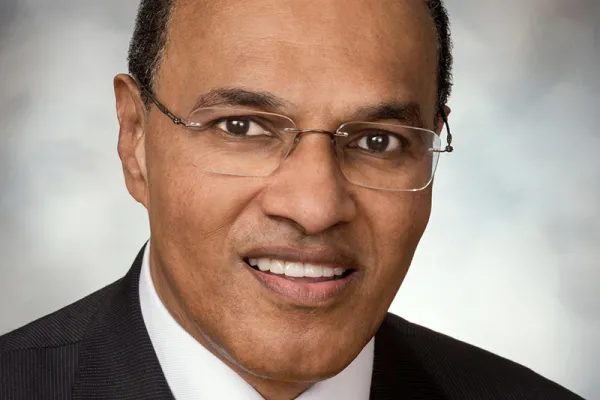Freeman A. Hrabowski: “Promoting Access and Diversity in STEM”
Events

Published October 12, 2018
Freeman A. Hrabowski—president of the University of Maryland, Baltimore County and a leader in science and math education—will deliver a Presidential Colloquium on “Promoting Access and Diversity in STEM Education” at 4:30 p.m. Monday, Oct. 29, in the Campus Center Carroll Room at Smith College.
The event is open to the public at no charge.
About Freeman A. Hrabowski III
Freeman A. Hrabowski, president of the University of Maryland, Baltimore County since 1992, is a consultant on science and math education to national agencies, universities and school systems.
He was named by President Barack Obama to chair the President’s Advisory Commission on Educational Excellence for African Americans. He also chaired the National Academies committee that produced the report Expanding Underrepresented Minority Participation: America’s Science and Technology Talent at the Crossroads (2011). His 2013 TED talk highlights the “Four Pillars of College Success in Science.”
Named one of the 100 Most Influential People in the World by TIME (2012) and one of America’s Best Leaders by U.S. News & World Report (2008), he also received TIAA-CREF’s Theodore M. Hesburgh Award for Leadership Excellence (2011), the Carnegie Corporation’s Academic Leadership Award (2011) and the Heinz Award (2012) for contributions to improving the “Human Condition.”
UMBC has been recognized as a model for inclusive excellence by such publications as U.S. News, which for the past eight years has recognized UMBC as a national leader in academic innovation and undergraduate teaching. Hrabowski’s most recent book, Holding Fast to Dreams: Empowering Youth from the Civil Rights Crusade to STEM Achievement, describes the events and experiences that played a central role in his development as an educator and leader.
About Smith College’s Presidential Colloquium Series
Smith’s Presidential Colloquium series regularly features influential thought leaders in a wide range of fields—from poets and writers to economists and policy experts—to share their expertise, offer insights, and inspire discourse on key social, political and global topics that call for attention. Lectures are free and open to the public.